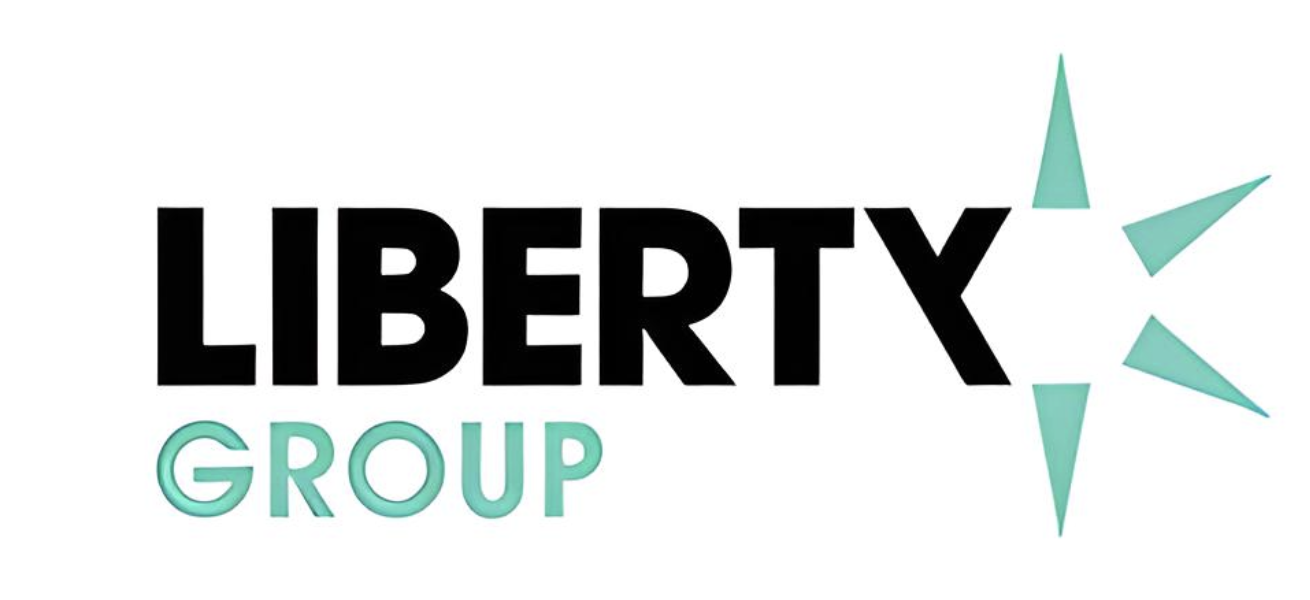
English Rugby Set for a New Approach under the Men’s Professional Game Partnership
4th September 2024
The Rugby Football Union, Premiership Rugby and The Rugby Players Association have co-created a new Men’s Professional Game Partnership (MPGP) after 18 months of collaboration.
The eight-year partnership aims to create world-leading English teams and thriving professional leagues with players and fans at the heart of it.
Improved Governance, Funding, Stabilisation and Cost Alignment
To lead this partnership into the next era, a new Professional Rugby Board (PRB) has been established to replace the Professional Game Board so that all rugby decisions are brought under one roof to oversee the strategy. The PRB will have an independent chair and two further independent members.
The RFU and Premiership Rugby will each have three voting members including the RFU’s newly appointed Board Member Wayne Barnes. The RPA will have two seats on the new Board (one voting and one observer) to ensure that players are central to decision making for the professional game.
The funding deal is across two four-year cycles with a guaranteed £33m per season for the first cycle, moving to a profit share in the second cycle of 26% of the RFU’s Profit Before Rugby Investment (PBRI).
A number of joint initiatives to grow revenues and manage costs in the overall system, include;
- Commercial growth through a landmark Joint Marketing Agreement, driving club attendances and growing respective TV audiences and social following.
- A commitment to implementing a salary cap formula from 25/26 aligned to key central financial metrics, which will include a review of the salary cap credit system.
- Closer alignment and sharing of information to aid player welfare and management across the professional game.
- Implementation of an independent Financial Monitoring Panel (FMP) to monitor financial stability across Premiership Rugby and provide confidence to clubs playing in any given season. The FMP is currently chaired by Sir Nigel Boardman and is already in operation for the 24/25 season.
World-leading English teams
The Men’s Professional Game Partnership has a vision to create ‘World-leading English teams and thriving professional leagues delivered through a fully optimised performance system in partnership with our players’. Fundamental to this vision are the changes to professional rugby system that have been agreed:
Enhanced England Playing Squad (EPS)
The England Head Coach will be able to select up to 25 players into the Enhanced EPS, ensuring optimum preparation for key international fixtures, and will have the final say on all sports science and medical matters relating to the management of Enhanced EPS players.
England performance pathway
To provide improved international playing opportunities and a link to the senior men’s team, the U20s EPS squad will be expanded to 50 players and there will be up to four England A matches per season, with the squads drawn from the Senior and U20 EPS squads, with the opportunity to bring in additional U23 players if required.
Player welfare and management
There is a continued commitment to world-leading player welfare initiatives through collaboration and joint investment, including the use of aligned welfare and performance data systems for all players, clubs and England teams, underpinned by audited and sanctionable minimum standards/regulations. A jointly implemented Athlete Management System (AMS) will be introduced across clubs and England to better integrate, standardise and report on welfare and performance data.
Academy structure
Reflecting the new structure of the Gallagher Premiership, the academy boundaries have been redefined, aligned to the Premiership clubs alongside a Yorkshire academy which will continue to be RFU operated under authority of the PRB. These academies will work with and utilise central data to establish satellite sites to ensure regional coverage with an ambition for access with reduced travel time for players.
Pathway changes.
The academies will deliver a redefined phased approach to the player development system, starting at U15 and encompassing three phases: Foundation (ages 15 to 16), Development (ages 17 to 18) and Confirmation (ages 19 to 20). Each Academy will ensure that at least two State School / College partnerships are established, developed, and appropriately resourced to be able to participate in the RFU schools’ competition.
Community
All parties are working together to co-create a joint community game programme that will align with the priorities emerging from the RFU’s Community Game Future strategy and will build on the success of Project Rugby to continue to make the game more inclusive (the joint initiative from Premiership Rugby, in collaboration with the RFU and Gallagher that focused on engaging disadvantaged young people with Rugby Union).
Player Support Fund
All three parties will establish a Player Support Fund, which will be administered and supported by Restart, the official charity of the RPA. The fund will initially focus on medical support for retiring players, mental wellbeing support for current and retired players, as well as providing a safety net for players and staff affected by unforeseen club situations.
Promotion and Relegation
The RFU Council agreed there would continue to be a two-match home and away play-off between the bottom placed Gallagher Premiership club and the winner of the Championship/Tier 2, provided that that latter club meets the Minimum Standards Criteria in place at the relevant time. This continues to allow for promotion and relegation, but also balances the careful financial challenges of clubs in those leagues and ensure that promoted clubs can sustainably compete.
PGB agreed to increased flexibility in the Minimum Standards Criteria (MSC) for entry into the Gallagher Premiership. The new MSC will allow a longer period for a promoted club to achieve required ground capacities. Clubs may move from 5,000, to 7,500 and finally 10,001 at the start of their fourth season in the Premiership at the latest. This should enable aspirational clubs who gain promotion longer to embed into the Premiership a smoother transition in terms of investment into their stadium. From the start of the 2024/25 season, the responsibility of determining the MSC will transfer to the Professional Rugby Board.
Championship clubs have again been invited to play in the Premiership Rugby Cup and this invitation has already been extended for the 2025/26 season.
All parties want a viable, sustainable, and valued second tier that can produce clubs capable of competing in the Premiership and providing the jeopardy and competition that keeps the league vibrant. However, there is currently a major gap in competitiveness and playing budgets between the Gallagher Premiership and Championship clubs and the financial requirements needed to compete in the Gallagher Premiership.

















































